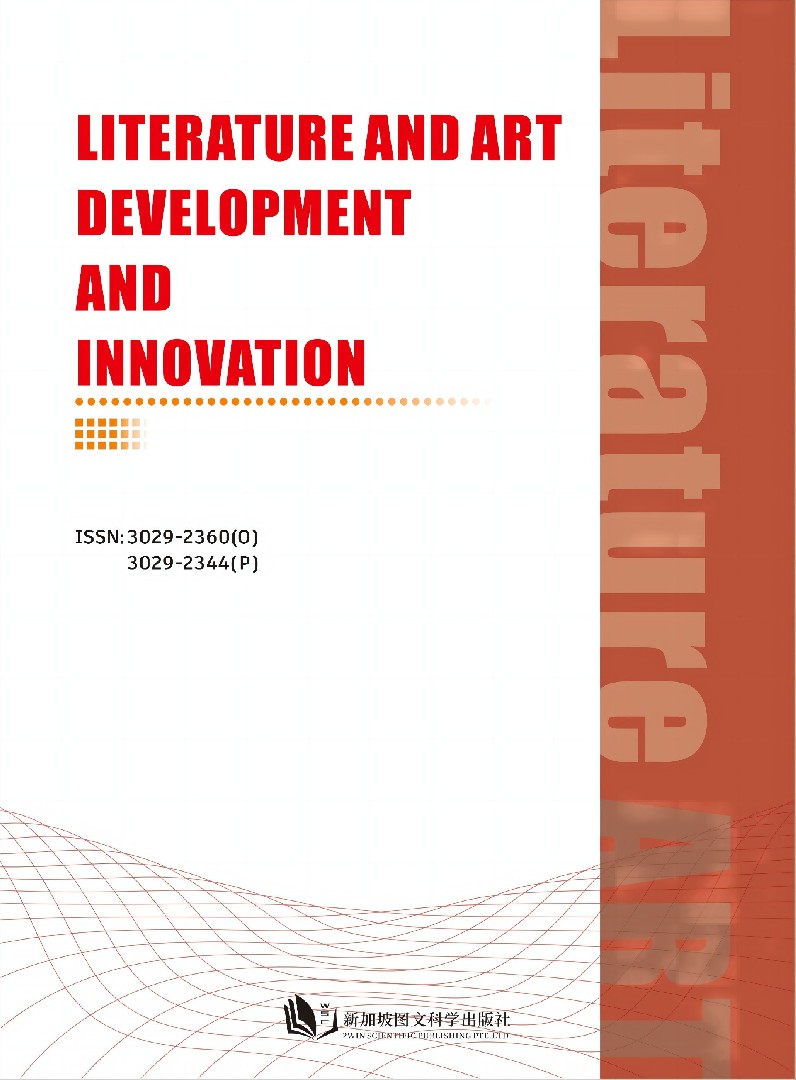作者
Jinju Li
文章摘要
This study employs a synaesthetic metaphor approach to examine the gustatory word "LA" in both English and Chinese. It draws upon COCA and CCL as its primary data sources. The term "辣(la)" was chosen as the research focus in Chinese. Since there is no direct equivalent in English, four words were chosen as the research focus: peppery, acrid, spicy, and pungent. The research findings indicate that there are both similarities and differences in the synaesthetic metaphors associated with the gustatory word "LA" between English and Chinese.
文章关键词
LA; synaesthetic metaphors; corpus-based
参考文献
[1] Lakoff,G.,&Johnson,M.(1980).Metaphors we live by.Chicago:University of Chicago Press.
[2] Ni Meng&Zhu Min.(2023).Semantic Change of Chinese Taste Word"ku"from Perspective of Synaesthetic Metaphor.Journal of Zhejiang University of Science and Technology(02),153-158.
[3] Ullmann,S.(1957).The Principles of Semantics(2nd ed.).Oxford:Blackwell.
[4] Ullmann,S.(1964).Language and style.Oxford:Basil Blackwell.
[5] Wang Yin.(2005).The Embodiment of Language:A View of Language Experience from the Perspectives of Embodied Philosophy and Cognitive Linguistics.Foreign Language Teaching and Research(1):37-43.
[6] Wang Yin.(2019).Essential Thoughts on Embodied-Cognitive Linguistics.Foreign Languages in China(06),18-25.
[7] Zhao,Q.,Huang C.-R.,&Long Y.(2018).Synaesthetic in Chinese:A corpus based study on gustatory adjectives in Mandarin.Linguistics,56(5),1167-1194.
Full Text:
DOI
